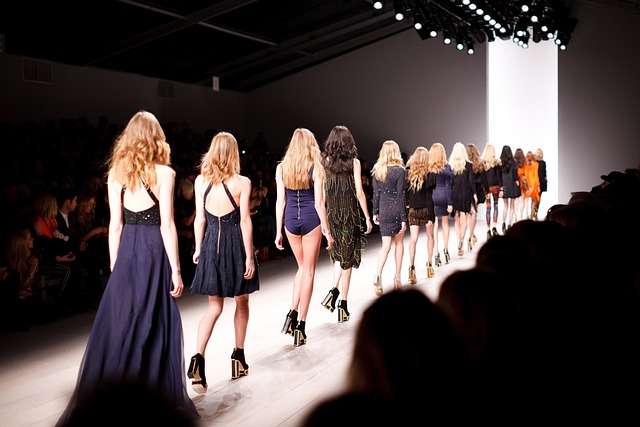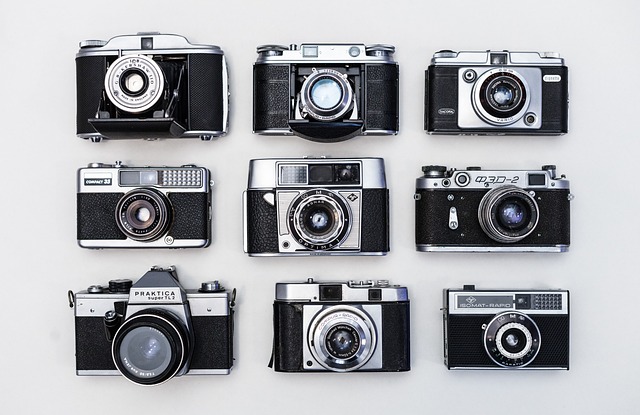The landscape of the future of the fashion industry is poised for a transformative shift, one that embraces not just aesthetic evolution but also a deeper understanding of sustainability, technology, and individuality. As we stand on the brink of this next style revolution, it’s crucial to explore the elements shaping our wardrobe choices and consumer behaviors.
One of the most exciting aspects of this upcoming revolution is the integration of innovative technologies that redefine how we experience fashion. From virtual reality shopping experiences to the rise of augmented reality fashion shows, technology is bridging the gap between creativity and consumer engagement. Imagine trying on clothes from the comfort of your home or attending a digital runway event where you can interact with designers and other fashion enthusiasts. This not only enhances the shopping experience but also promotes inclusivity by making fashion accessible to a broader audience.
Sustainability is another cornerstone of the future of the fashion industry. As consumers become more environmentally conscious, brands are acknowledging their role in contributing to climate change. The demand for eco-friendly materials, transparent supply chains, and ethical manufacturing practices has led to a paradigm shift in business models. Upcycling, rental services, and slow fashion movements are gaining traction, encouraging us to appreciate quality over quantity. This conscious approach to consumption redefines luxury, making it synonymous with sustainability and craftsmanship.
Moreover, individuality is at the forefront of this movement. The days of fast fashion dictating our style are waning. Today, personal expression is what resonates most. The fashion industry is increasingly celebrating unique identities, allowing people to curate their looks that reflect their personalities, cultures, and values. Whether it’s through customization options offered by brands or the rising popularity of thrift shopping, individuals are empowered to shape their styles and fight against the monotony of mainstream trends.
As we navigate the future of the fashion industry, it becomes clear that this revolution is not just about clothes—it’s about forging connections, challenging norms, and promoting a sustainable lifestyle. Consumers have a powerful voice, and with it, they can influence brands to adopt practices that align with their values. The next style revolution is ours to define, and it looks brighter, bolder, and more inclusive than ever before.




